Geoff Matthews, who grew up in Wroughton, writes fantasy novels under the name GR Matthews and his latest novel Seven Deaths of an Empire, which has had rave reviews, is out now in paperback and available in Waterstones. Jamie Hill caught up with for a chat...
Q: How did you get into writing?
GRM: I’ve always read books. I can’t remember a time when I didn’t. My mother will tell you she used to prop a book up in my cot/bed just to get me to be quiet enough so they could get some sleep. How true that is I don’t know, but I like the idea of it.
Both my parents encouraged me to read - and I think I really started off with Sci-fi books. There was one by Patrick Moore, of which I’ve vague recollection of the cover, and then Fall of Moondust by Arthur C Clarke. I remember taking a book, Space Mavericks, on a school trip and reading it again and again (clearly I was fantastic company - sorry to those in my year at Ridgeway).
Anyway, I got into a Dungeons and Dragons at a club in Swindon which met in a community or church hall a few streets east of the bus station every Sunday and I just loved that exercise of imagination. I did some LARPing too as a young man around the forests and hills of Wiltshire; Bluebell Wood, Clouts Wood to name but two. (You can see I was quite the catch! Total geek - and proud to be so.)
Later on, after University and getting my career underway, I had a chat with my wife. I’d been trying to write novels but always getting stuck at chapter 3. What if, I posed, I went back to University (Open) and studied Creative Writing? It would cost, and I’d need time - and we had a young child (number two was on the way). To my complete shock she said, “Yes, do it” (probably to get some peace and quiet herself).
During that course (a Diploma in the end) I learned the tips and tricks to writing, but mostly (and this cannot be underestimated) I learned the discipline needed to write. It's like any muscle, any skill, you have practice and keep on practicing every day. It's a journey with no end, but every new day is one of discovery.
Q: Tell us about your previous work?
GRM: Before Seven Deaths of an Empire, I self-published a fair number of books. I hadn’t wanted an agent and the pressure of a book deal (and imposed deadlines) because I had young children and a busy career in education.
The Stone Road was my first book, and I am still mightily proud of it. I started writing it during my Creative Writing studies, but it was clear it wasn’t going to be my final piece, it would just be far too long.
Set in Ancient China with martial arts heroes, dragons, magic, and multiple realms to traverse, it drew on my love of Kung Fu movies and is based upon a real Chinese myth. It begins after thirty years of war between two cities and there is finally a chance for peace. Zhou is the diplomat sent to negotiate the treaty and Huang the soldier who will stop him.
Two sequels followed, the Blue Mountain and Red Plains, which build on the two main characters' skills, developing the magic and world further, and introduces a far more ancient threat which even the Jade Emperor may be powerless to stop. I loved writing them, and I am not ashamed to say at the end of The Red Plains I shed a tear or two as their stories came to close.
Looking back on that trilogy, I know they are really about family and the sacrifices we make to keep them safe.
Alongside those, I’ve written a series of books set in the future where we’ve been forced to retreat from the surface and live in cities beneath the waves. There’s still trade, conflict, politics, wealth and poverty, and in the midst of it is Corin Hayes.
Corin’s a broken man, not much of a hero, with one real skill; he’s stubborn. Down and out, a drunkard with a dead daughter, a wife who has left him, and no one wants to work with him, he starts at the bottom of society and mostly remains there. He does climb a little when a beautiful woman offers him a job - he really should have known it wouldn’t go smoothly.
I love writing Corin. They are told in the first person so you see everything from his eyes and hear his thoughts, and he is dark and deeply sarcastic, but there’s a spark of hope in his heart. He gets to say all the things, and do all the things we wish we could do when faced with a challenge. I wrote him as a kind of Jack Reacher without the fighting skill… Corin gets put through the wringer quite a bit. Readers seem to like him and these books would make an excellent TV series or movie (Netflix, Amazon, Spielberg, Nolan… anyone? Anyone?)
Q: Tell us about your new book Seven Deaths of an Empire?
The Emperor is dead. He dies whilst on campaign in the northern forests and now the succession is thrown into chaos.
General Bordan, aged and dreaming of retirement, must hold the city together against all the schemers, thieves, and assassins, ensuring the rightful heir comes to the throne. Duty and service are everything to him, but they may also be what breaks him.
Kyron is a young magician in a culture which abhors magic but exploits it for their own gain. Assigned to the honour guard, he must accompany the Emperor’s body back safely to the capital city, but the woodland tribes are set against them. Worse, a guide from those tribes is assigned to aid them, under duress, and seems likely to slip a knife between Kyron’s ribs at any moment.
The two points of view are vastly different. Kyron is young and innocent, he sees only the good in the Empire and must have his eyes opened to the reality of the world. Bordan is old and has seen it all - there should be no surprises left, but wisdom is hard won and sometimes only bitter experience can teach it to you.
I’ll give you a clue to help you get started on the book, there are seven important deaths which the whole novel hinges upon. The Emperor’s is the first, and it’s up to the reader to count down the rest. It hopefully becomes something of a puzzle; which deaths change the narrative and direction of the plot?
Q: What is it about the fantasy genre that gives you inspiration?
I grew up in the 70s and 80s. The threat of Nuclear war hanging over our heads. Falklands War. Miners strike. And though there was hope for our future, there was also an undertone of dark realism and greed.
Sci Fi shows like Star Trek, Battlestar Galactica, Buck Rogers, may have offered hope on the TV, but for a boy with more imagination than common sense (still mostly true) it wasn’t enough.
I did my A Levels at Swindon College, the one at Regent Circus that’s now been knocked down and became a cinema, and walked through town to the bus station to get back to Wroughton at the end of every day. That walk took me past Waterstones, just down from where the old Cinema used to be (everything changes), and I’d stop in there two or three times a week - I think I read all the Teenage Mutant Ninja Turtle graphic novels in there without purchasing a single one (sorry, I hope Eastman and Laird didn’t miss my coins too much).
Anyway, with what cash I’d saved, I had a Saturday job at Tesco’s down by the underpass to the bus station, I bought books. Lots of them. I Loved the American import covers, they had a special shelf in the shop I remember, but I also picked up Magician by Raymond E Feist and Pawn of Prophecy by David Eddings. And that was it… I was hooked on heroes, on magic, on new worlds where anything was possible - Lousie Cooper, Barbara Hambly, Hugh Cook, Janny Wurts… the list could go on forever.
With fantasy, even today with the fashion for Grimdark (which no one can define to anyone’s satisfaction), there is hope in these worlds. Men and women who stand up for their beliefs, for their people, and fight evil - often to great personal cost.
Frodo paid a high price for his heroism, but in doing so saved the world.
Q: How hard was it to get a publishing deal?
So unbelievably hard (but never give up!).
Maybe 1% of all books written get traditionally published and every author has a different journey. We all have things in common though; a lot of hard work, a very thick skin, and a tiny, tiny bit of luck.
In my case, I’d given the first Corin Hayes book to a bookseller in the trade room at BristolCon in 2016 or 17. She was kind enough to write a review on her blog and I’m happy to say she enjoyed the book. We’ll come back to this.
Now, years later, I’d made the decision to try for an agent and a publishing deal. A new challenge, a new goal; because you need to keep challenging yourself in life. To that end, I wrote three more books (a total of around 350,000 words) and submitted them to agents - and all came back with very polite refusals and no interest.
Almost every author could wallpaper a house with rejection letters (printed emails now).
Anyway, one agent, Jamie Cowen, requested the whole of one book; A River of Song and Shadow (also called Swordmaster). I thought, this is it, I’ve made it. I was so excited. He rejected it, but sent me a long letter about what was good and what needed work. Keeping that in mind, I started a new book at the beginning of the summer holidays.
About a month later, a friend told me there was an Open Call from a publisher, Rebellion, on Twitter. You had to pitch your books in one or two sentences and if they liked it they’d get in contact. Why not? I pitched the three finished books and, on a whim and figuring I had nothing to lose, I wrote a pitch for the new book.
The editor from Rebellion got in touch via twitter; “Send us 10,000 words of this book and a synopsis.”
The one I hadn’t written… oh… hell.
I’d moved from not planning books (a pantser) to planning books (an architect) over the years so I had most of the plot figured out. I typed up a synopsis quickly, whilst on holiday - condensing a whole book into one side of A4 is hard - and I’d written around 10,000 words of the book already. I tidied it up, did a quick redraft, and got some writing friends to look over the 10,000 word sample, and a fabulous author (Adrian Selby) agreed to take a look at the synopsis for me.
Incorporating their feedback, I made some changes and sent it off to the Editor.
Now, I had to get the rest done, just in case they called the full manuscript in. It wouldn’t look good not to have it ready. I was at 12,000 words or so and I knew this book was going to be long (it was 160,000 words by the end) so I wrote like a demon.
The editor got in touch around October: “Send us the rest. We like it so far.”
It was just about finished - four months from nothing to 160,000 words and it was rough. I told the editor it was rough, a first draft. She didn’t care and would take it into account, she said, so I sent it in.
Then, in December, I got an email: “We want to publish it.”
To say I cheered would be an understatement. I got in touch with Jamie, the agent who’d written back to me with advice, because this was a new world I was entering and I wanted someone who could navigate the rapids safely - and he agreed to represent me.
Oh, and the Editor, she had been the bookseller at BristolCon years ago who agreed to read a book by an unknown self-published author. A tiny bit of luck.
Q: How does it feel to have one of your books on the shelves of Waterstones and other good book retailers?
GRM: When the hardback came out and I went into bookshops, it was very strange. I didn’t quite cry but I definitely felt a moment of pride and success. I had to nervously approach the store assistant and say; “That book’s mine. I wrote it. Do you mind if I sign a few copies?”
I suppose it's a normal occurrence for them, but they had stickers, pens, and I got to pose for a photo or two. This was June 2021, so just out of Lockdown and the world was slowly opening up once again.
I also got to do signings at Forbidden Planet and Goldsboro Books in London on release day. Broken Bindings, a new signed edition start-up which has gone on to do big things in only a year or so, also ordered some signed copies. Everything became very real, very quickly.
Q: What are you working on right now?
GRM: Well, the sequel to Seven Deaths is written and with my agent along with the synopsis to the third book, so we’ll be hoping Rebellion snap those up.
Right now, I am about 40,000 words into a new book based on an idea that’s been in my journal for about two years - scraps of notes, character sketches, world notes. Now it is time to write it and explore that new world, with new characters, new magic and new threats. It doesn’t have a title yet, to be fair it has had about four.
I’m really excited by it, and enjoying getting into the heads of these new characters.
Q: You grew up in Wroughton, how has that influenced your scribblings?
When I grew up in Wroughton there were far fewer cars on the road and the small world that was our village felt incredibly safe; it was our own little kingdom and playground. I went to the Infant school, the Junior School, and then the Ridgeway - that village really was my world. Outside it there be dragons - so the map said, but I may have been misreading it.
My brother and I, along with friends, would roam the streets, fields, and woods. Playing football near the pavilion on the Maunsell Way fields, riding up to the “back shops” as we called them, sledging on the hill behind Haskin’s Garage on the High Street during the few winters where it actually snowed (in… um… bread delivery trays so the snow sprayed and stung your face like million frozen mosquitos).
It’s in the valley, on the floodplain, and from my folk’s garden you could see Swindon on the hill to the north, and the RAF hangars overlooking the village from the hills to the south. The sun would set over the small woods at the end of the field, the site of many a mock battle with friends, and some mornings everything would be shrouded in mist right across the M4 to the base of Swindon’s hill.
A short distance (a drive away) is one of my favourite places; Avebury. When I get home, I love going there and walking around it, going to the pub, and meeting up with family for drinks. My wife and I once saw Sir Patrick Moore there, he was having Guinness, I think - I wish I’d said hello to him and thanked him for the books he wrote. Ah well.
The whole of this area is just steeped in ancient history; round barrows, long barrows, ancient forests, hill forts, Silbury hill, standing stones, white horses. How anyone growing up here could not be a fantasy writer, historian, archaeologist is beyond me.
My brother’s a musician, another creative person. I think those people of the Stone, Bronze and Iron age, alongside the Romans and Anglo-Saxons who came later imbued the land with some magic. We just tapped into it in different ways.
The landscape is amazing. When I drive back along the M4 and see the chalk hills rise up from the green sea of the Thames Valley, that stand of trees just above Junction 15, I feel at home and there’s a release of tension, as if the world slows down enough for you to truly appreciate it.
Q: What other authors give you inspiration?
I met Mark Lawrence in London for an event run by the website I write for (Fantasy-Faction). The first famous author I’d actually spoken to, and he was relatively normal (I mean he is normal, just incredibly intelligent). I’d love to write as poetically as he does.
Anna Smith Sparks I met at BristolCon just before her first book was released. She is so knowledgeable about the art of writing and conveys it with a kindness and grace that’s simply stunning. I could sit and listen to her lecture for days. Plus, her writing is dark, dangerous and enticing.
Anna Stephens is so down to earth it's incredible, but her writing is so full of magic, motivation, and action. She’s not one to shy away from the pain the characters go through. Read Godblind and you’ll see what I mean.
Steve McHugh makes me laugh in real life, while his books are full of heart-pounding excitement and thrills.
Peter McClean, who I've only met via video chats during conventions, writes books that really delve into the consequences of violence. The hero never walks away unscarred and carries the weight of every choice with them.
Adrian Selby crafts sentences like the finest sculptor, careful never to hit the chisel or metaphor too hard, but with heart-breaking beauty. There’s a scene in one of his books (Winter Road) that had me sobbing.
So, those people and more.
Q: What advice would you give to other aspiring authors?
Write. Write some more. Don’t stop. Keep at it.
You’ll get criticism. Pick the good from the bad, and keep working at it.
Read. Read some more. Don’t stop.
Learn. Learn some more. Learn everything you can because it will find its way into a book.
Feel. Feel more. Don’t be afraid of your emotions - you’ll be using them in your writing too.
And keep a writing journal, a pad of paper or a bound book (my preference) and scribble in it daily; ideas, thoughts, scenes, sentences, something you’ve just read, something from the telly… it will all be useful at some point in your writing.

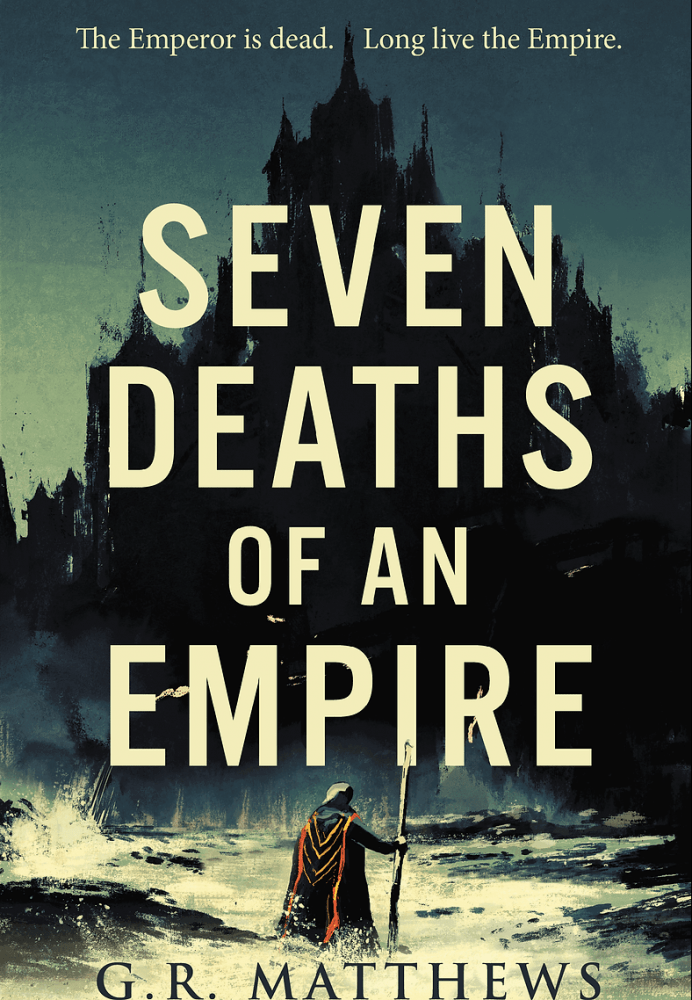
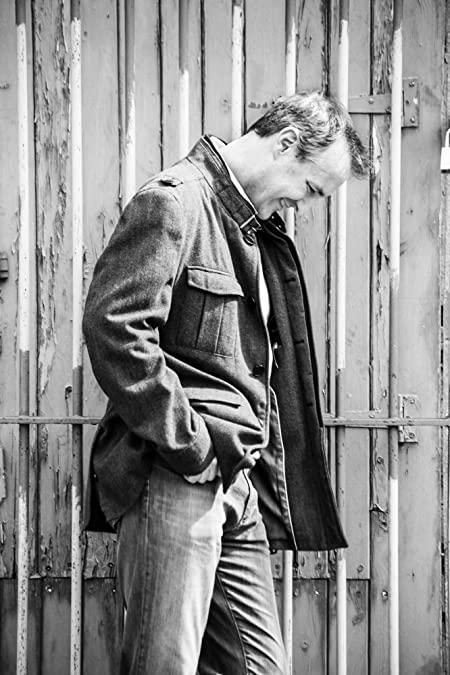
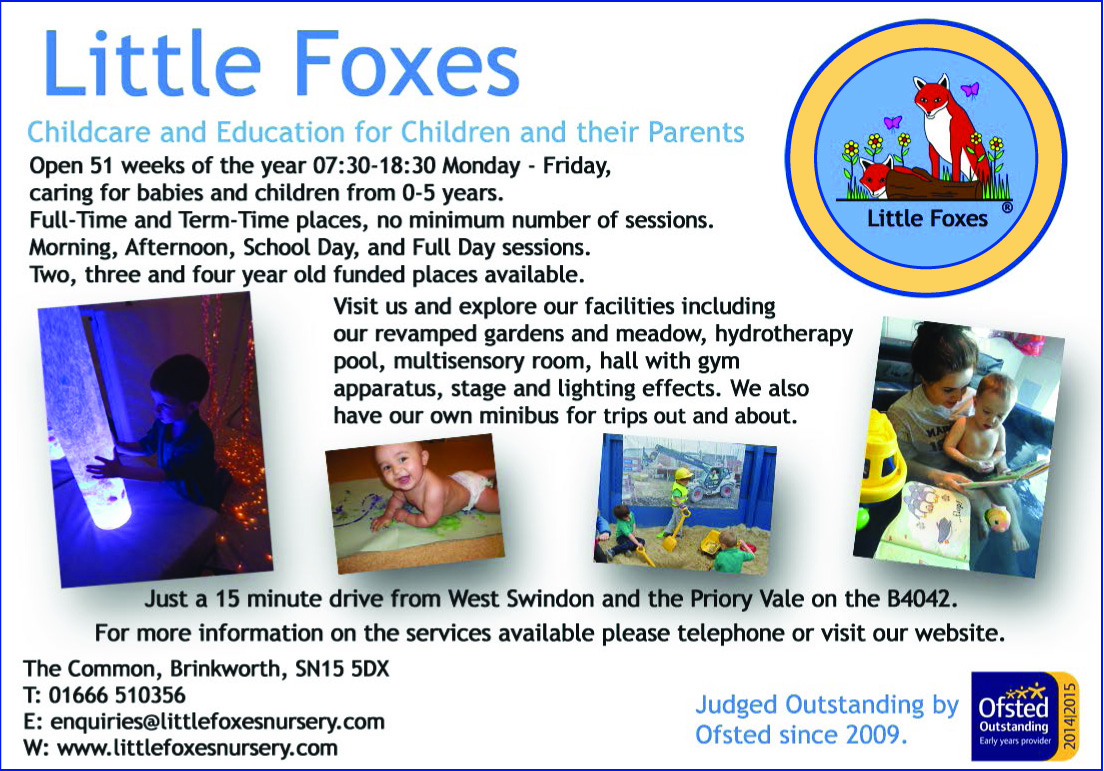

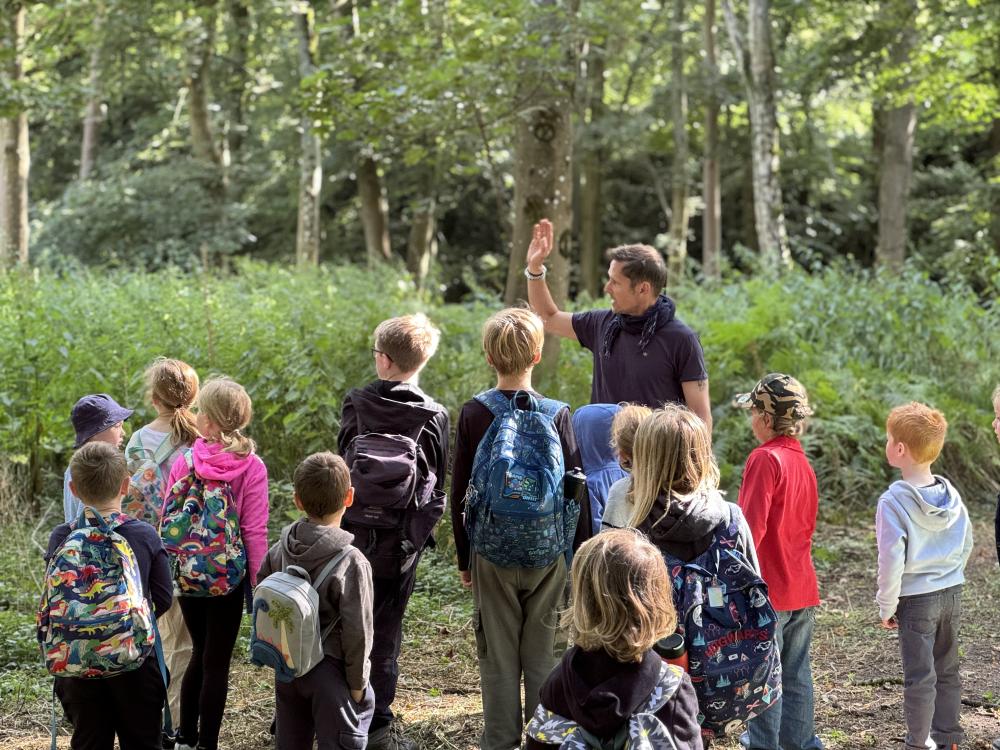

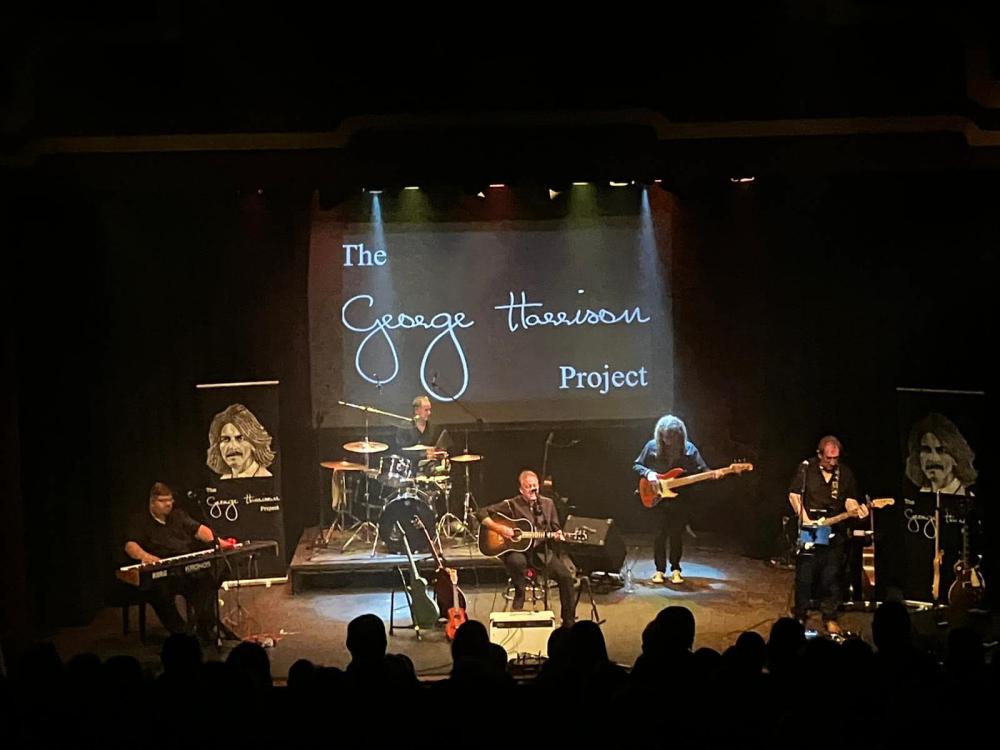
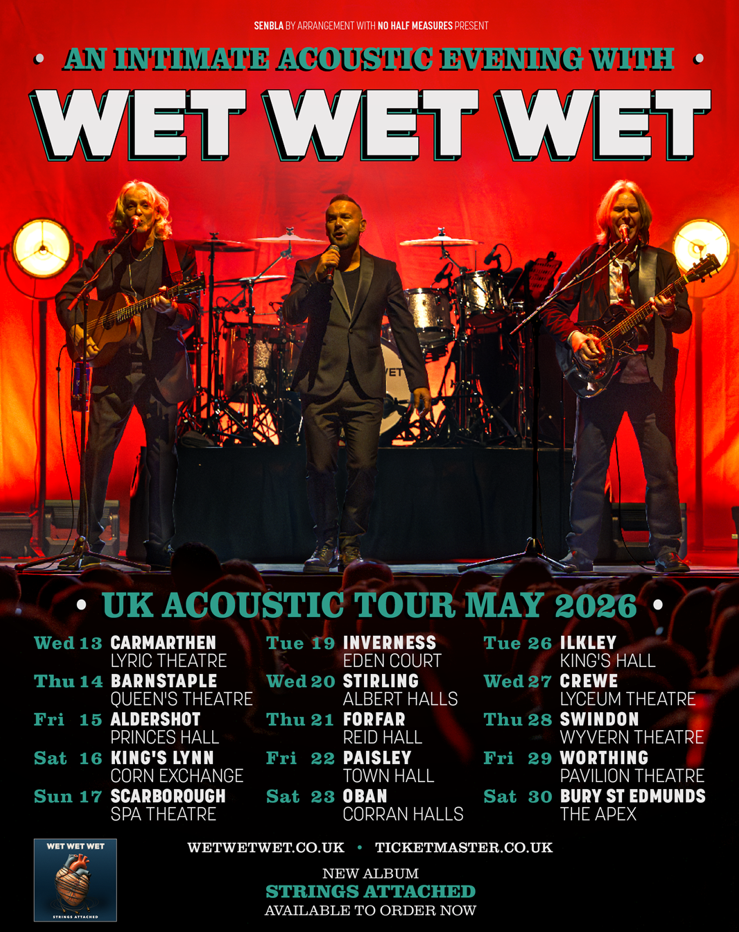
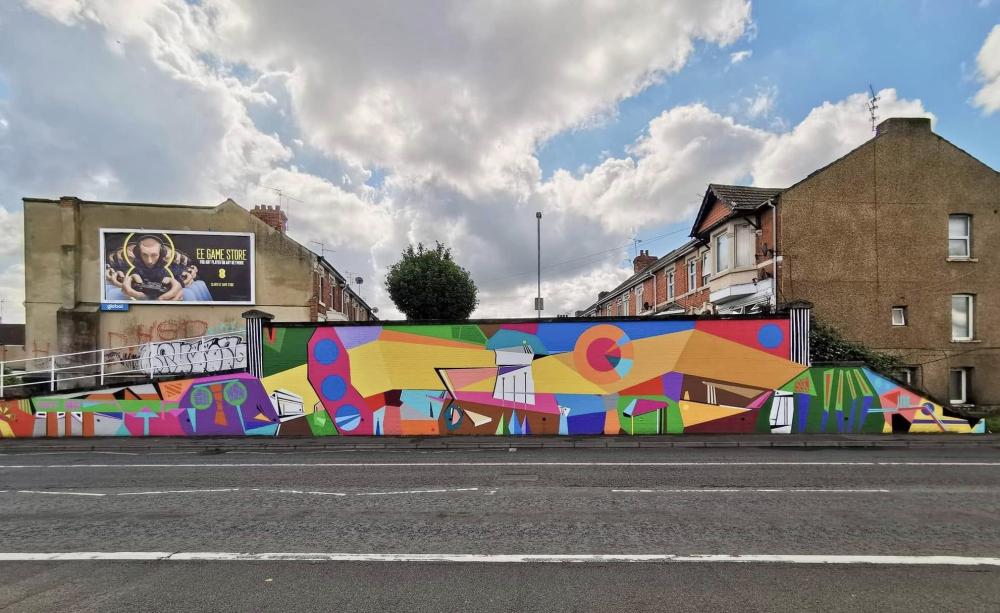
Your Comments
Be the first to comment on this article
Login or Register to post a comment on this article